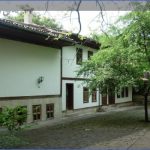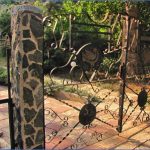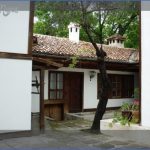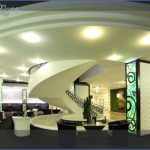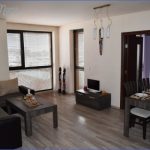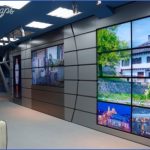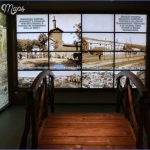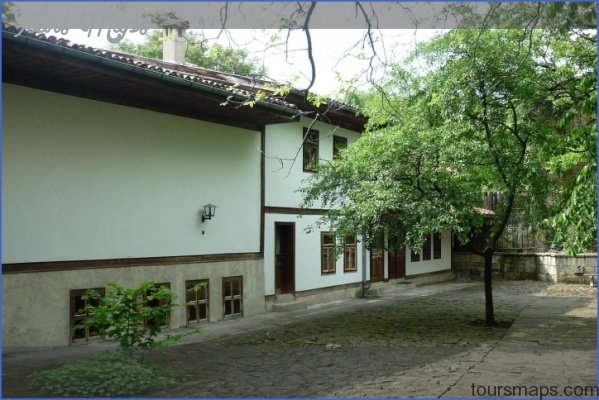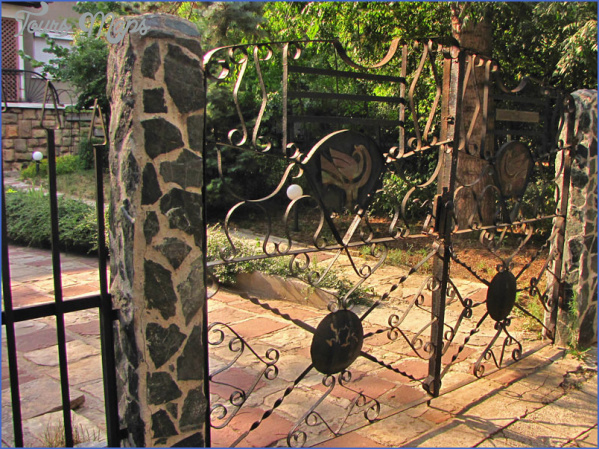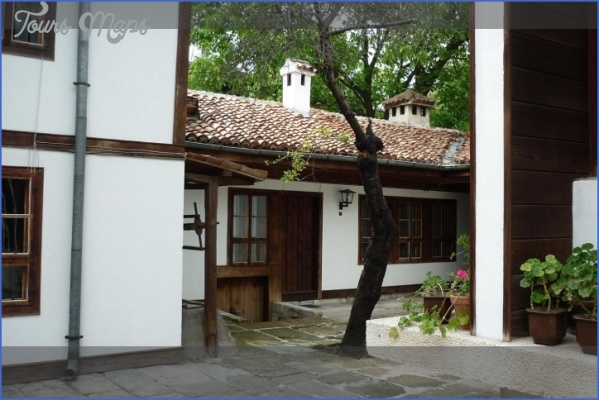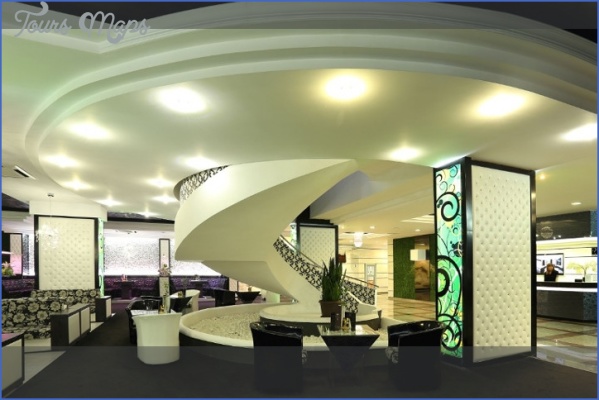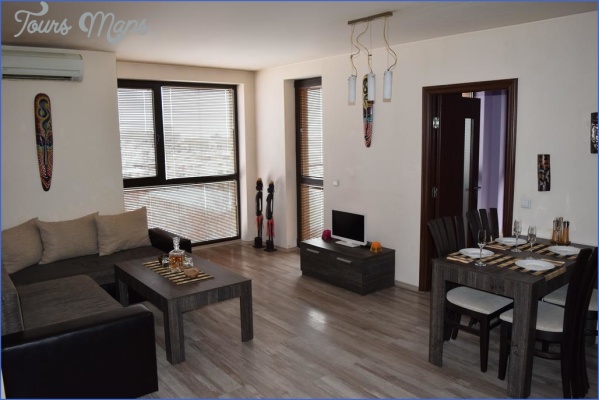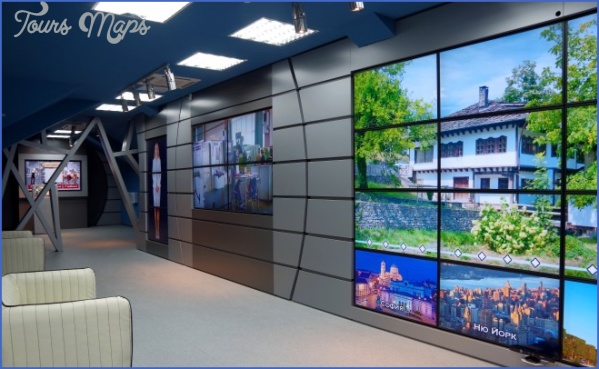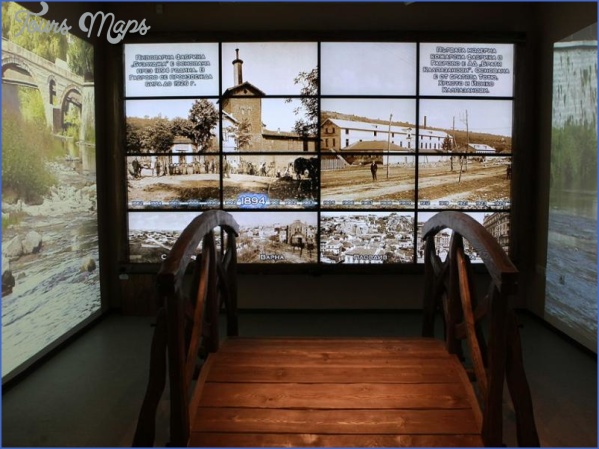VLADIGEROV MUSEUM
Bulgaria’s musical patriarch, Pancho Vladigerov, is commemorated in the north-eastern city of Shumen, some 100 km from Varna, where he and his identical twin Luben spent their childhood and which is proud of its musical traditions. The Vladigerovs were born in Zurich in 1899 (their mother went there for the event) but considered Shumen their spiritual home. Both brothers were musical: Luben became a violinist while Pancho composed and conducted in addition to pursuing a career as a pianist. The many photographs of them – as children, in their military uniforms and later as a duo – attest to their closeness. Pancho composed two violin concertos and a sonata for his brother.
In Shumen their mother practised as a doctor, their father as a lawyer. When Pancho was six he began piano lessons with Paula Weismann-Zhekova. So great was the boys’ musical talent that they were taken to Sofia in 1910 to study at a music school (later academy), where, after further studies in Berlin and a stint at the Deutsches Theater (1921-32), Vladigerov taught the piano and composition until his retirement in 1972; the music academy today bears his name. Throughout his life he spent his summers in Shumen. After marrying the daughter ofhis first piano teacher in 1930, he stayed at her whitewashed house, which in due course became his. He was able to compose there; among the works he produced were the ‘Shumen’ miniatures for piano (1934) andthe ballet Legendevon dem See (1946). The house is now part of a complex of buildings that make up the Pancho Vladigerovmuseum.
VLADIGEROV MUSEUM Photo Gallery
The museum is in a brick-paved street in the old part of town, west of the centre, not far from the Hotel Shumen. A chamber music hall seating 70 has been built next to the house, and other buildings within the walled grounds are allocated to a music shop, offices and further exhibition space. An almost impish bronze statue of the composer invites visitors to pause in the forecourt before entering the two-storey house. The piano studio of Mme Zhekova and the Vladigerovs’ bedroom upstairs are sensitively re-created. At the top of the landing, his pin-striped suit, combination cane and umbrella and his jaunty beret are on display. Five further rooms are given over to displays of family photographs, facsimiles of early compositions and documents, concert programmes, published editions and recordings (the earliest is from 1922). In the final room there are plaster casts of his death mask and his hands; letters from his contemporaries, including Bartok, Herbert von Karajan, Kodaly, Alexis Weissenberg (his pupil) and Stefan Zweig; delightful caricatures; his treasured Mendelssohn (1918 and 1920) and Gottfried Herder (1968) prizes. The impression one carries away is of an extremely genial man, who composed finely crafted works – which in addition to pieces for piano (for himself to perform) and violin (for his brother) included an opera, a piano trio, a string quartet and two symphonies, influenced but not dominated by Bulgarian folk music. Pancho Vladigerov died in Sofia on 8 September 1978. While plans for a house museum in Sofia have yet to be realized (his house, ulitsa Yakobitsa 10, in a southern suburb which, in his day, must have been very fashionable, still has his name on the gate), the Shumen museum opened in 1983. Luben Vladigerov died in 1992 and Pancho’s son Alexander, also a composer and conductor, died the following year at the age of 60. In 1993 a Pancho Vladigerov Foundation was established in Shumen to perpetuate his memory through conferences, publications and recordings, and to support talented young musicians by holding concerts, masterclasses and international competitions for piano and violin.
Maybe You Like Them Too
- Explore East Lindfield, Australia with this detailed map
- Explore Bonferraro, Italy with this detailed map
- Explore Doncaster, United Kingdom with this detailed map
- Explore Arroyito, Argentina with this Detailed Map
- Explore Belin, Romania with this detailed map

